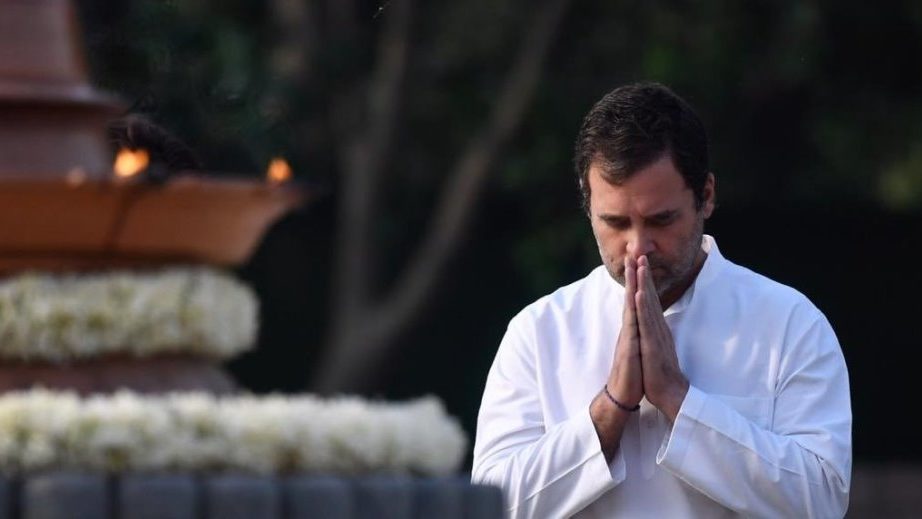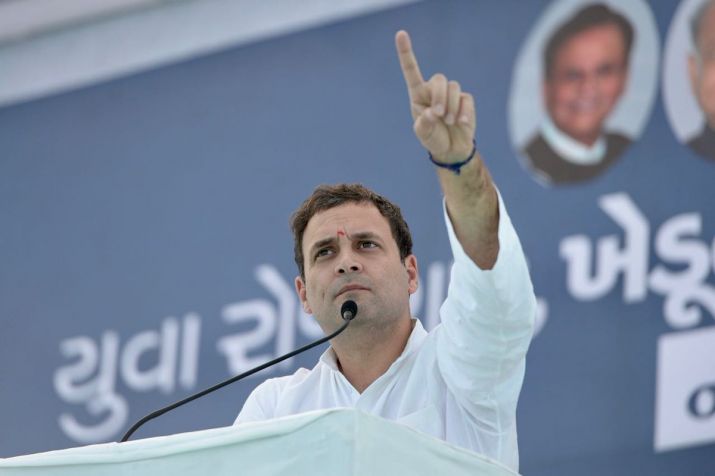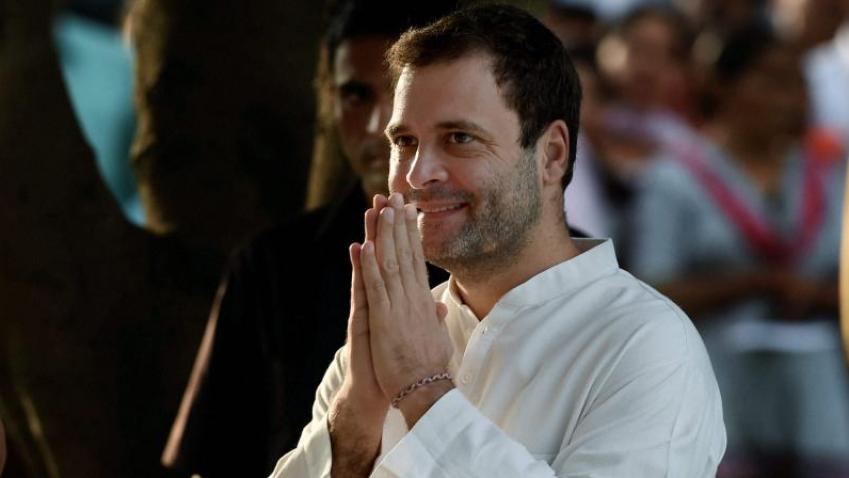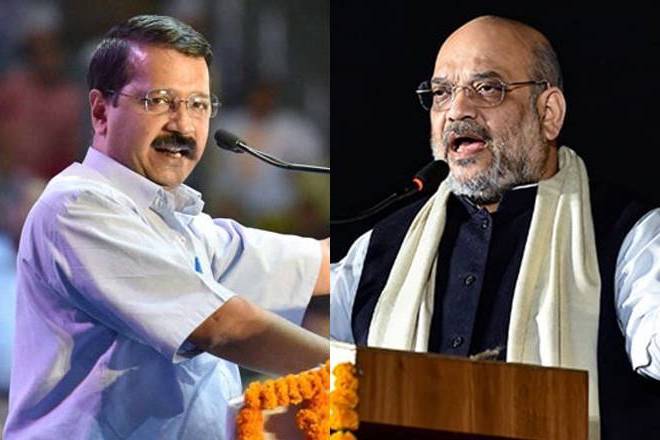The nation is taken aback by Congress President Rahul Gandhi’s decision to step down from his post and offer a resignation letter as the party president. While this may be one of the greatest blows that the Congress has faced in recent years, what cannot also be denied is the fact that Rahul Gandhi’s decision was also not altogether unpredictable. In fact, it was on May 25th that Rahul Gandhi had first expressed his desire to quit from his post during his meeting with the Congress Working Committee. It was on July 3rd, 2019 that Rahul Gandhi finally stepped down as the Congress President.
Rahul Gandhi chose to share his letter of resignation on Twitter along with a post that read “It is an honour for me to serve the Congress Party, whose values and ideals have served as the lifeblood of our beautiful nation. I owe the country and my organisation a debt of tremendous gratitude and love. Jai Hind.”
Rahul Gandhi’s decision to quit as party president comes after several senior leaders of the Congress tried to persuade him to continue working as the president and to reverse his decision of stepping down from his post. In fact his sister Although he has stepped down as the party president, Rahul Gandhi has again and again reiterated that he will continue to work for the Congress.
Some of the biggest highlights of Rahul Gandhi’s resignation letter were the following-
- Rahul Gandhi accepted full responsibility for the loss of his party in the 2019 elections. He argued that his resignation was a step towards ensuring accountability in the Congress and thereby ensuring its growth.
- Rahul Gandhi said that he does not believe in garnering any hatred for the BJP, despite the fact that he was staunchly opposed to their idea of India.
- Rahul Gandhi said that the prevalent political climate in India saw a strong attack on India’s constitutional fabric and that it was destined to destroy the country. He said that his resignation did not imply that he was leaving behind his duty but would continue to serve the nation loyally and with extreme honesty.
- Rahul Gandhi said that their election campaign was based on brotherhood, tolerance and respect for all the citizens of India irrespective of religion and community. He said that his battle against the PM and the RSS was often a solitary one and that he was extremely proud of it.
- Rahul Gandhi pointed towards the significance of a free and fair election for the life of a democracy and said that without transparent election and an independent judiciary India’s democracy would not survive long. He also alleged that the last elections could not be free in the truest sense because there was a complete monopoly on financial resources of the nation.
- Rahul Gandhi argued that the state objectives of the RSS and its target of capturing India’s institutional structure have now been completed and India’s democracy has been completely weakened. He expressed fear that our elections may be reduced to a ritual and may not be able to work towards determining India’s future.
- Rahul Gandhi warned the nation that the coming years would see unimaginable levels of discontent among unemployed youth, women, tribals, Dalits and other minorities. Our nation’s reputation and economy would be blown off.
- Corruption and violent are widespread and so the citizens of India must unite to resuscitate our institutions. The Congress Party must radically transform itself too to become the new voice of the people.
Rahul Gandhi has requested the Congress Working Committee to urgently call a meeting and to decide the next Congress President on an urgent basis. Rahul Gandhi has also clarified that he will not become involved in the selection because it will further complicate things. The top contenders for the post after Rahul Gandhi’s resignation are Motilal Vohra, Mallikarjun Kharge, Ghulam Nabi Azad and Sushil Kumar Shinde.













